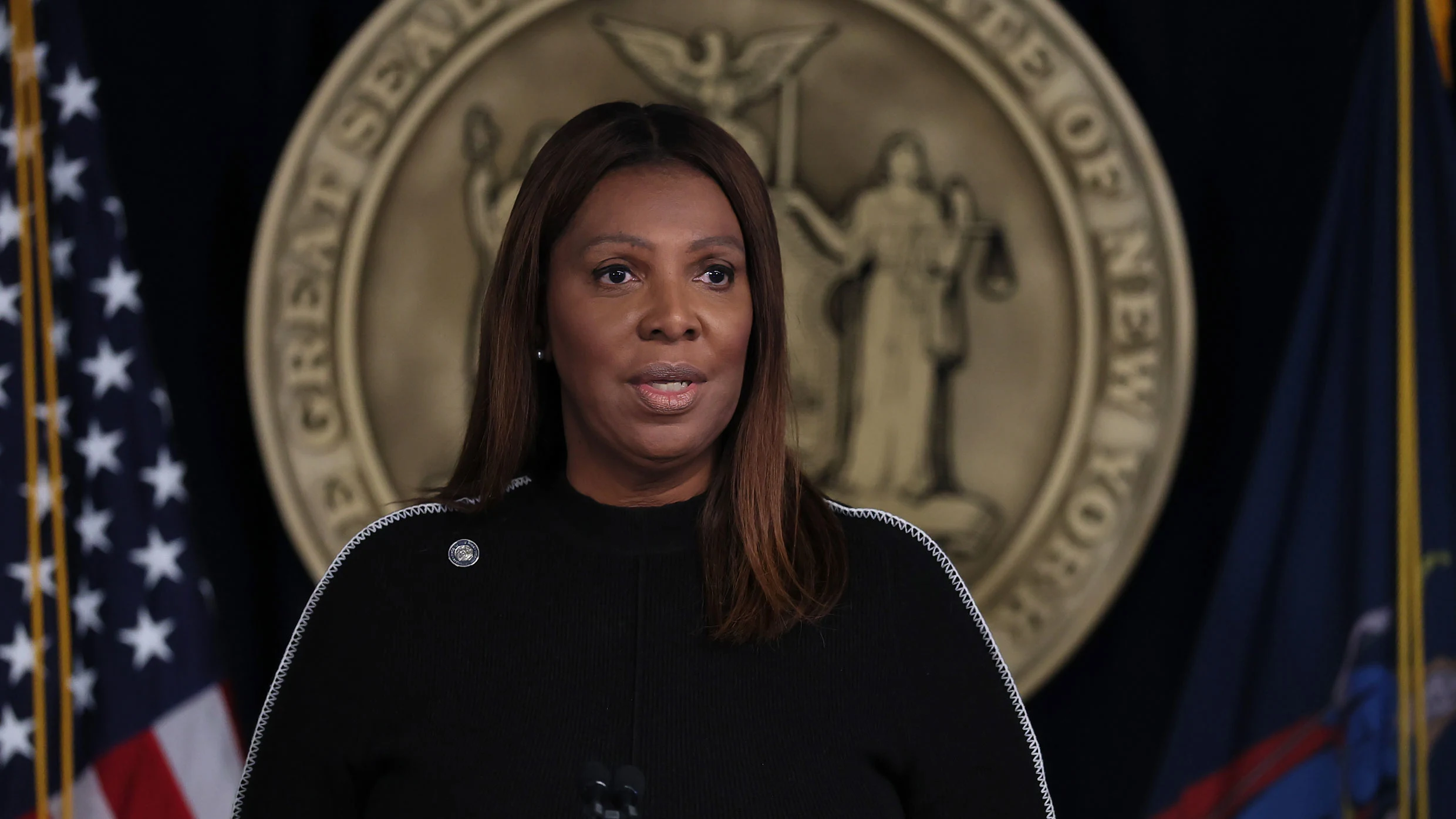
""Broad preemption of state protections is particularly ill-advised because constantly evolving emerging technologies, like AI, require agile regulatory responses that can protect our citizens," they write in a Tuesday memo. "This regulatory innovation is best left to the 50 states so we can all learn from what works and what does not. New applications for AI are regularly being found for healthcare, hiring, housing markets, customer service, law enforcement and public safety, transportation, banking, education, and social media.""
"The endeavor, which represents 36 states total, comes as Congress weighs language, packed in a new defense funding authorization bill, that would prevent states from enforcing their own rules about the technology. A previous measure, which failed, would have established a 10-year moratorium on states writing their own rules. A draft executive order leaked last week would, similarly, push the federal government to punish states for enacting or enforcing these rules."
""The only reason you need an executive order to tell people to look for cases is when you just want to harass states into submission.""
The Trump administration is pursuing measures to limit state authority to regulate artificial intelligence. Dozens of state attorneys general have sent a letter urging Congressional leadership not to approve language that would preempt states from proposing their own AI legislation. The attorneys general argue that broad preemption is ill-advised because rapidly evolving AI requires agile, state-level regulatory responses to protect citizens. They contend regulatory innovation should occur across the 50 states to identify effective approaches and note expanding AI applications across healthcare, hiring, housing, customer service, law enforcement, transportation, banking, education, and social media. Legislative and executive actions have sought to restrict state enforcement.
Read at Fast Company
Unable to calculate read time
Collection
[
|
...
]